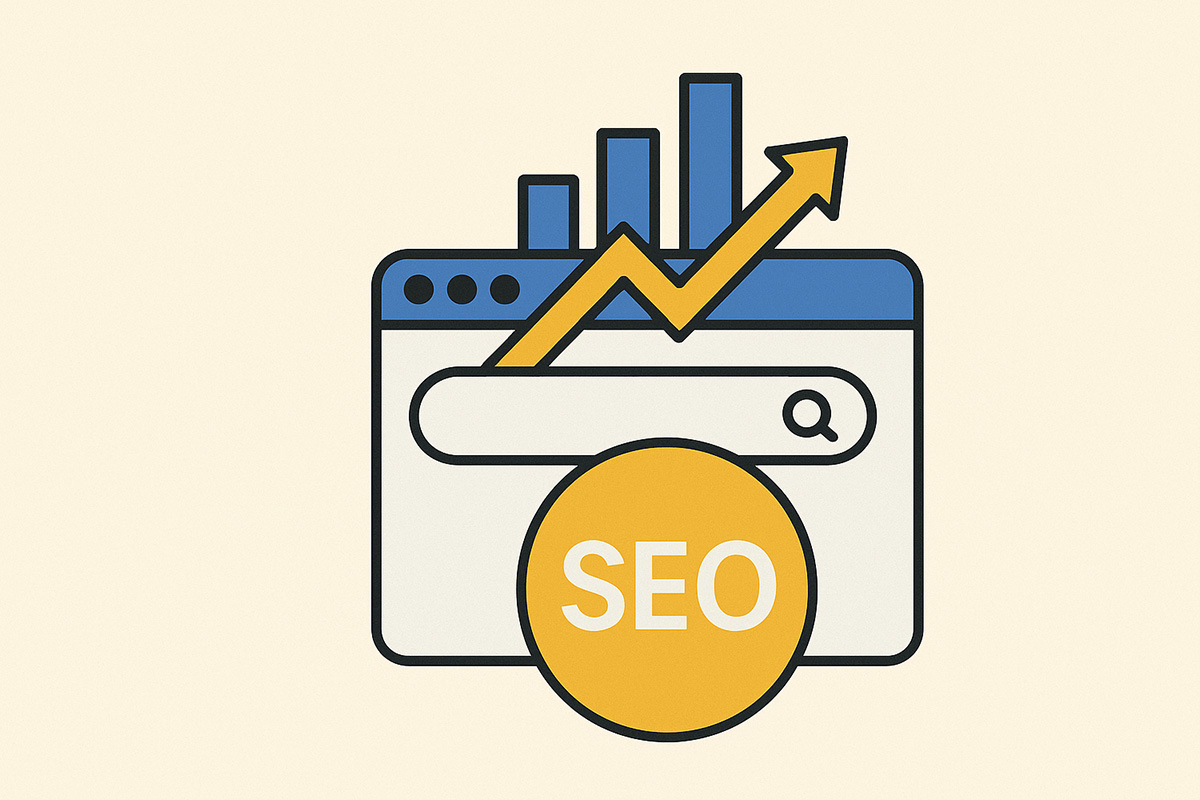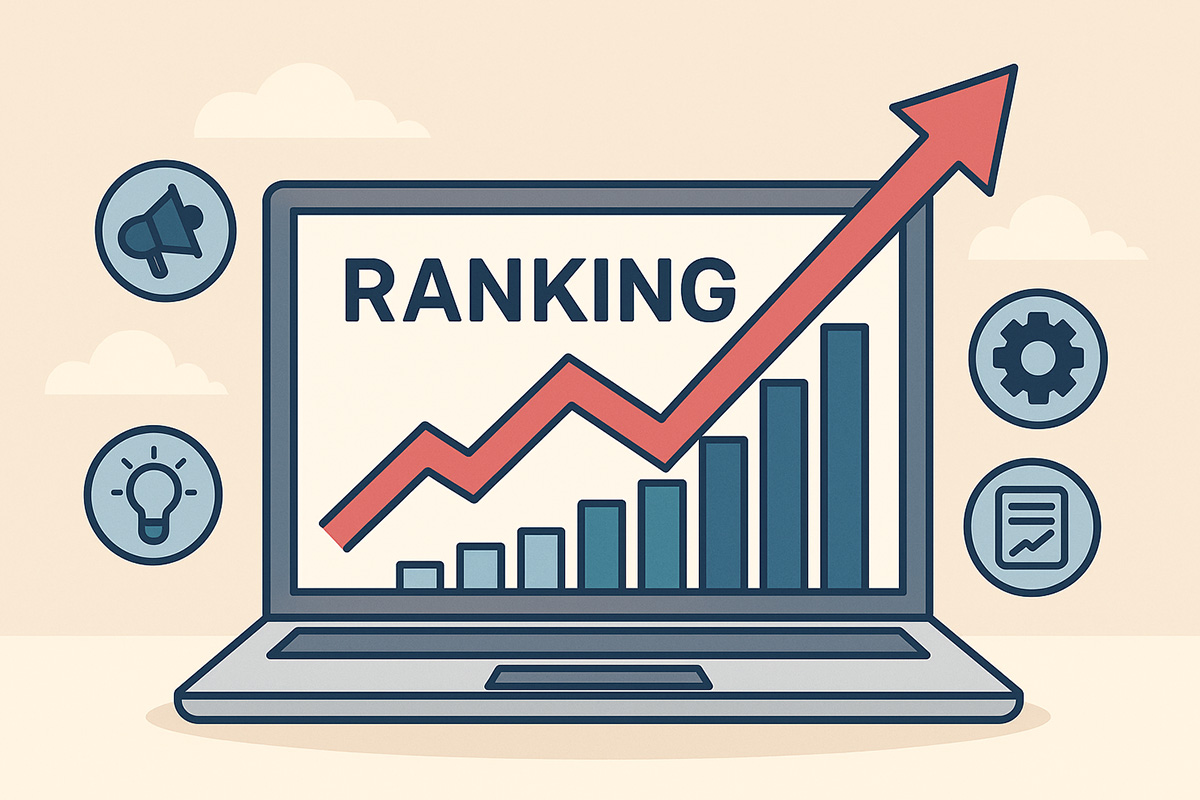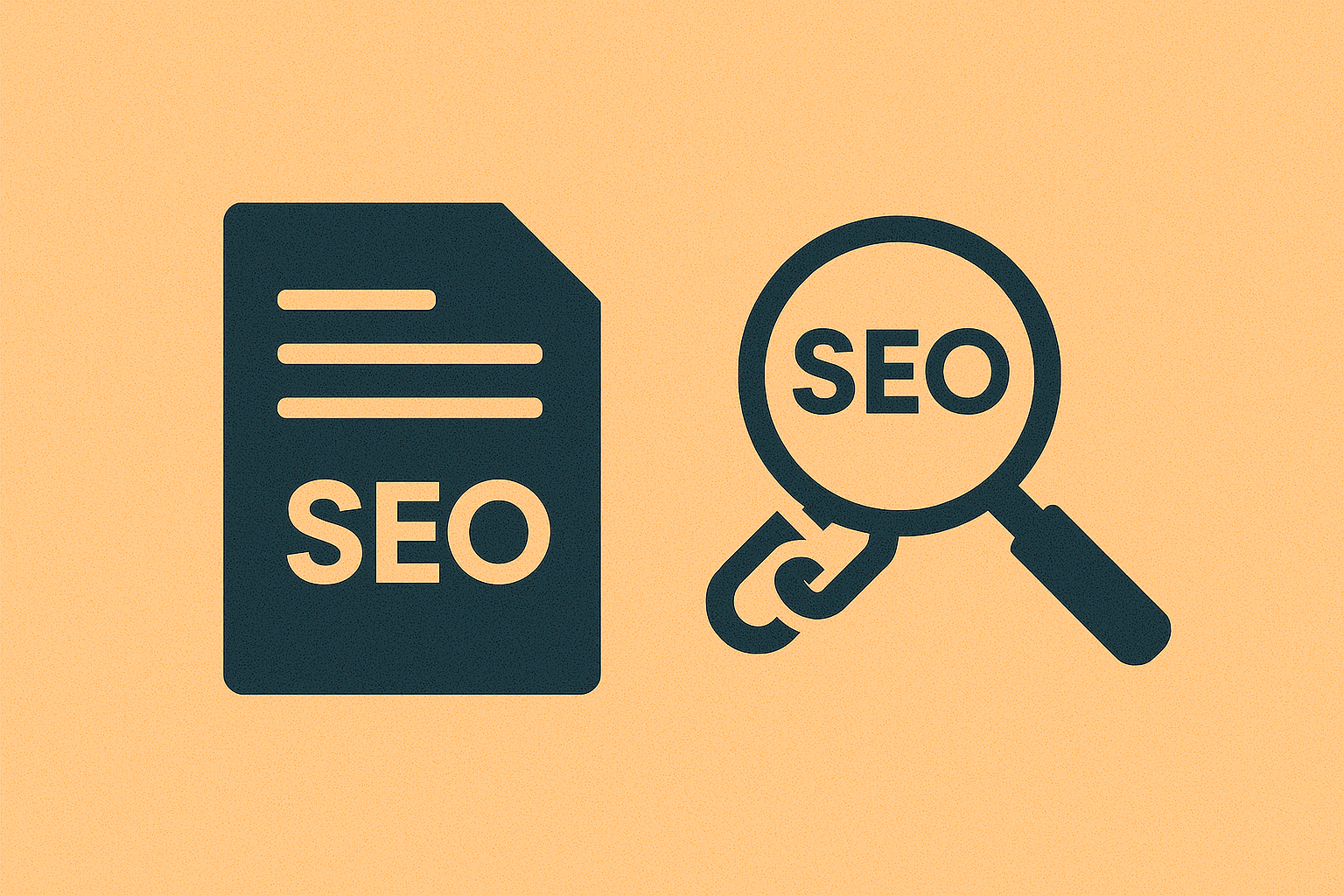Home / Blogs / How to Set SEO Goals That Drive Real Business Growth
How to Set SEO Goals That Drive Real Business Growth
 SEO
SEO
With over 99000 searches per second, search engines have become the curiosity superhighways of our civilisation. This makes the search window the most powerful tool for connecting people looking for and providing services and products. But search algorithms have become very clever at making connections, and businesses must keep up with the latest trends to stay relevant.
This is why, today, search engine optimisation has become synonymous with higher rankings for many businesses. But what if I told you that true SEO success lies beyond just high rankings? As opposed to the traditional discourse centered around just visibility, SEO is about creating and increasing the number of pathways leading back to you so that it can bring revenue and customer loyalty.
Setting effective SEO goals can thus bridge the gap between high search rankings and tangible business results such as customer acquisition and brand loyalty. In this blog, we will walk you through how to set SEO goals for business success that are not only realistic but also support sustained growth in the long term.
- Start with clear business goals
At the core of any successful SEO strategy lies a thorough understanding of your business objectives. Begin by asking yourself, what is it that you aim to achieve? If your primary goal is to boost online sales, your SEO strategy should prioritise attracting targeted traffic with a high likelihood of making purchases.
On the other hand, if your focus is on building brand recognition, the emphasis can shift towards creating informative and engaging content that resonates with your target audience. Aligning your SEO efforts with your business goals guarantees that your actions are both purposeful and measurable.
- Identify the right KPI’s
Once your business objectives are clear, it’s time to select the key performance indicators (KPIs) that will help you measure SEO success. Organic traffic, keyword rankings, and conversion rates are common SEO metrics, but you should also include metrics like customer acquisition cost (CAC) and lifetime value (LTV).
For instance, if you’re targeting more conversions, tracking form submissions, e-commerce sales, or product inquiries can help you understand whether your SEO is contributing directly to growth.
- Choose high-value keywords
Researching high-value keywords remains a critical part of every SEO strategy, but it is important to keep in mind that it is not about volume but about relevance. A high-value keyword aligns your business offerings closely with the user intent. You can use tools like Google Keyword Planner, SEMrush, or Ahrefs to identify keywords that not only attract traffic but also bring in visitors likely to convert.
- Focus on improving user experience
Keywords are no longer the sole focus of SEO, as delivering an excellent user experience (UX) is crucial for ranking. Google now prioritises mobile-friendly, and fast-loading websites that are user-friendly and engaging. A smooth user experience keeps visitors engaged, which lowers bounce rates and increases conversion rates. Furthermore, optimising your site for Core Web Vitals—metrics that measure page performance—can also enhance rankings and user satisfaction.
- Commit to authority-building
Content is still king, but only when it's done correctly. Creating high-quality, authoritative content that resonates with your target audience will help build trust and credibility. Content should be informative, actionable, and optimised for search engines. Building backlinks from reputable sources can also enhance your domain authority, which directly impacts your SEO rankings. The more trusted your site is, the more likely you are to rank higher for relevant keywords.
- Review and adjust accordingly
SEO is not a one-time effort, as it is an ongoing process that requires constant monitoring and adjusting. Use tools like Google Analytics and Google Search Console to track performance metrics and see what’s working. If you’re seeing improvements in organic traffic but not in conversions, it might be time to revisit your keyword strategy or on-page optimisation. Regular audits and adjustments keep your SEO strategy aligned with your business goals and current market trends.
- Measure the real-world impact
At the same time, it is also important to measure the real-world impact of your SEO efforts. Are you seeing more sales, leads, or client inquiries post your effort? Have your customer acquisition costs decreased? By focusing on these business-related metrics, you can ensure that your SEO strategy is not just improving your search rankings but also delivering tangible results that contribute to business growth.
To sum things up, setting SEO goals that drive real business growth is all about aligning your SEO efforts with your overarching business objectives. If you are looking for professional help to drive real business growth, then our SEO agency in Mumbai can provide you with some effective SEO tactics for business success. We are an integrated digital marketing agency in Mumbai that provides end-to-end services for all your business and brand needs. Get in touch with our team and create an SEO roadmap to drive sustained growth and stay ahead of the competition.

.jpg)
.jpg)




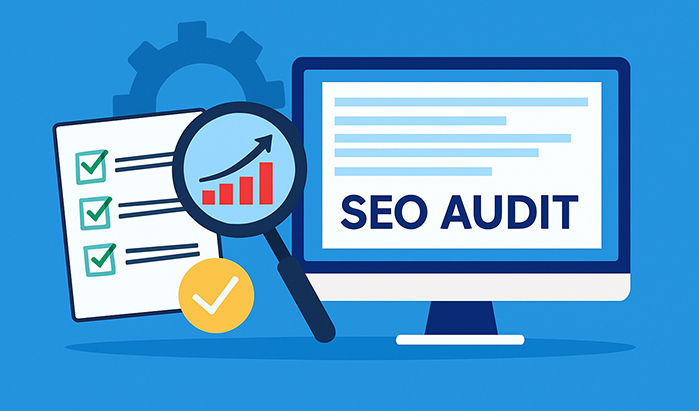

















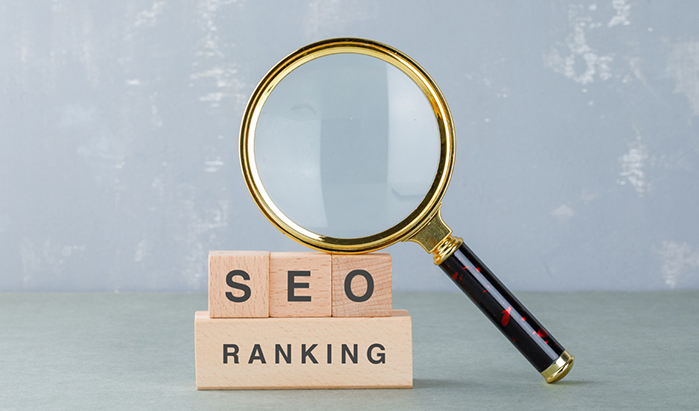









































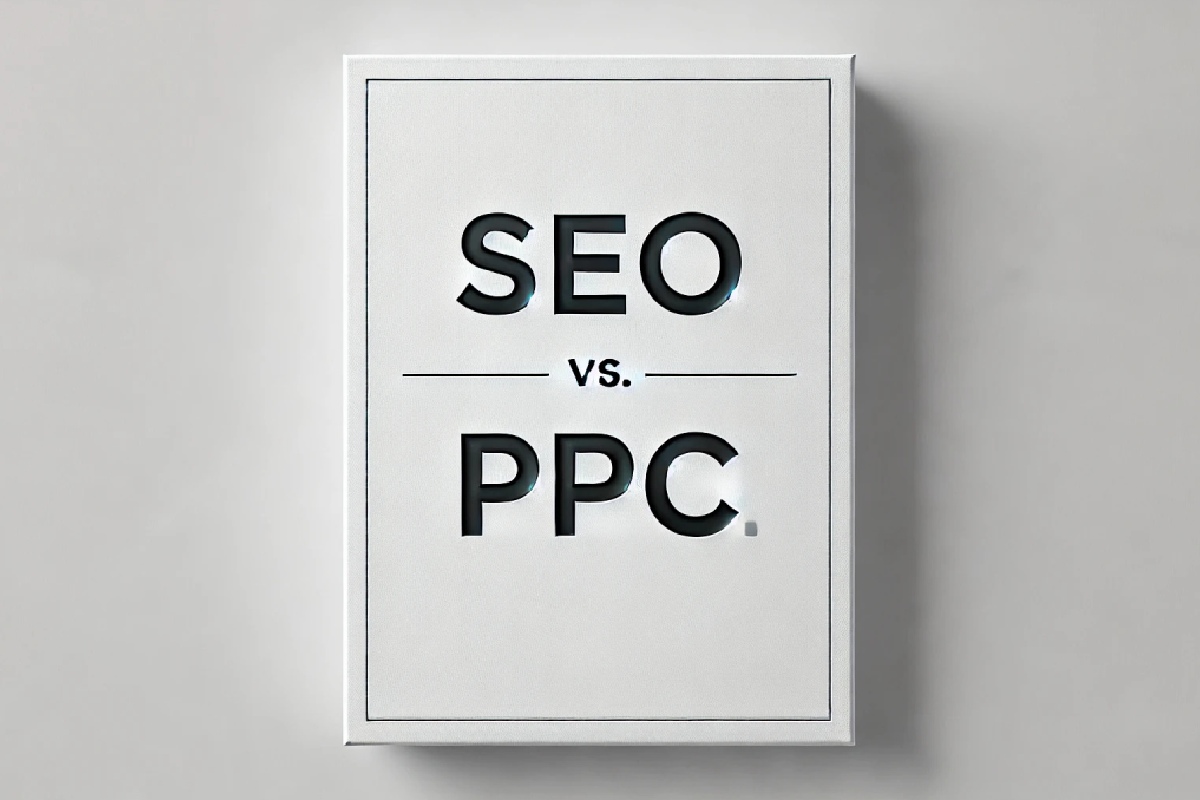









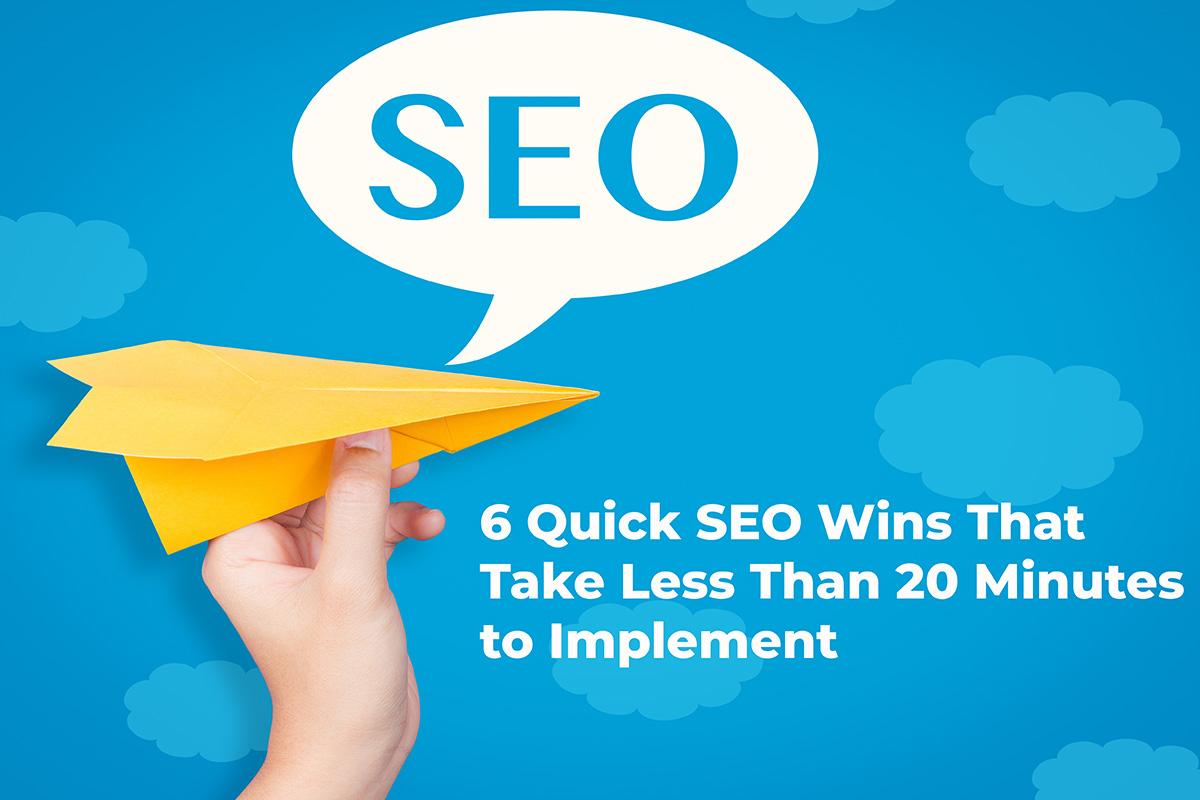











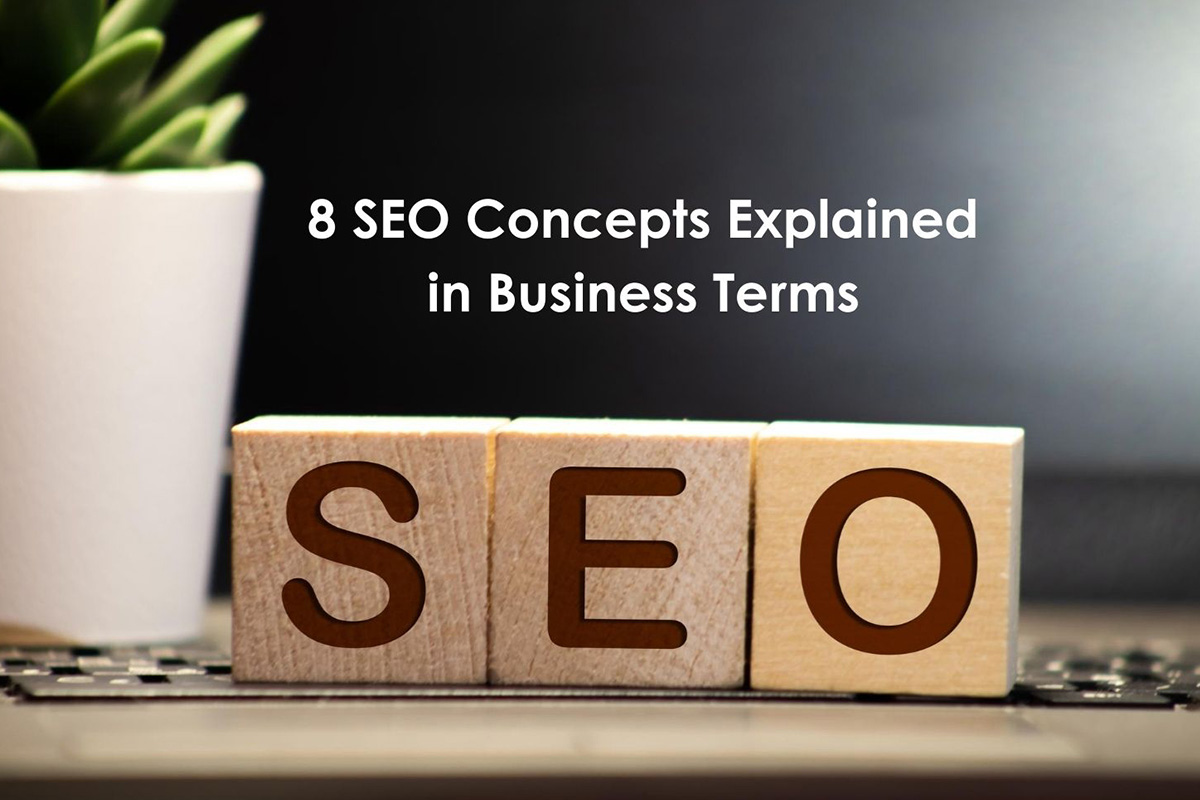



.jpg)
